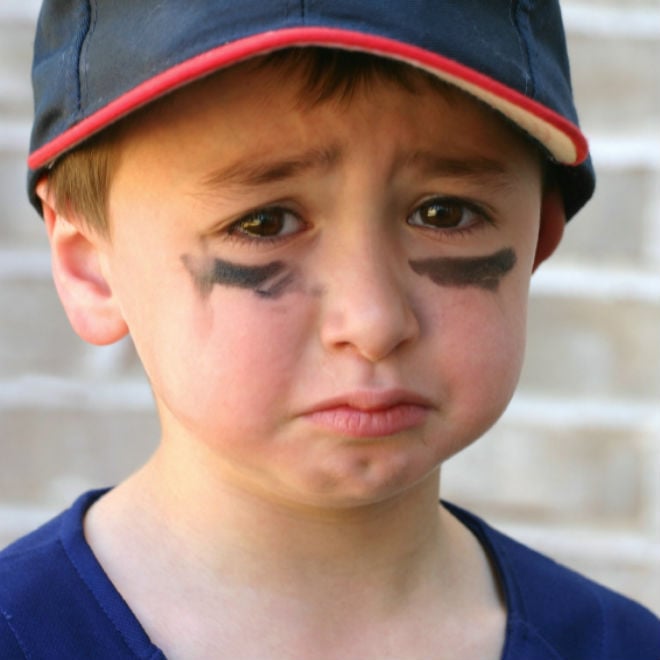This week, a study was published that claimed that the placebo response is mediated by genetics. Though I need to dig a little deeper and figure out exactly what this article is saying, I do think we need to take a step back and remember what can constitute a placebo response before we start talking about what this means for medical treatment and clinical trials.
In clinical trials, the placebo response can refer to a number of apparent responses to sham treatment:
- The actual placebo response, i.e. a body’s physiological response to something perceived to be a treatment
- Natural course of a disease, including fluctuations, adaptations
- Investigator and/or subject bias on subjective instruments (hopefully mitigated by blinding/masking treatment arms in a study)
- Regression to the mean (an apparent time-based relationship caused by one measurement that varies markedly from the average measurement)
- … and many, many other sources
This week’s discovery does suggest that there is something physiological to the actual placebo response, and certainly genetics can influence this response. This may be useful in enriching clinical trials where a large placebo response is undesirable, e.g. by removing those subjects who are likely to response well to anything active or inert. After all, you don’t want an estimate of a treatment effect contaminated by a placebo response, nor do you want an impossibly high bar for showing an effect.
But we still need to remember the mundane sources of “placebo response” and lower those before we get too excited about genetic tests for clinical trials.
